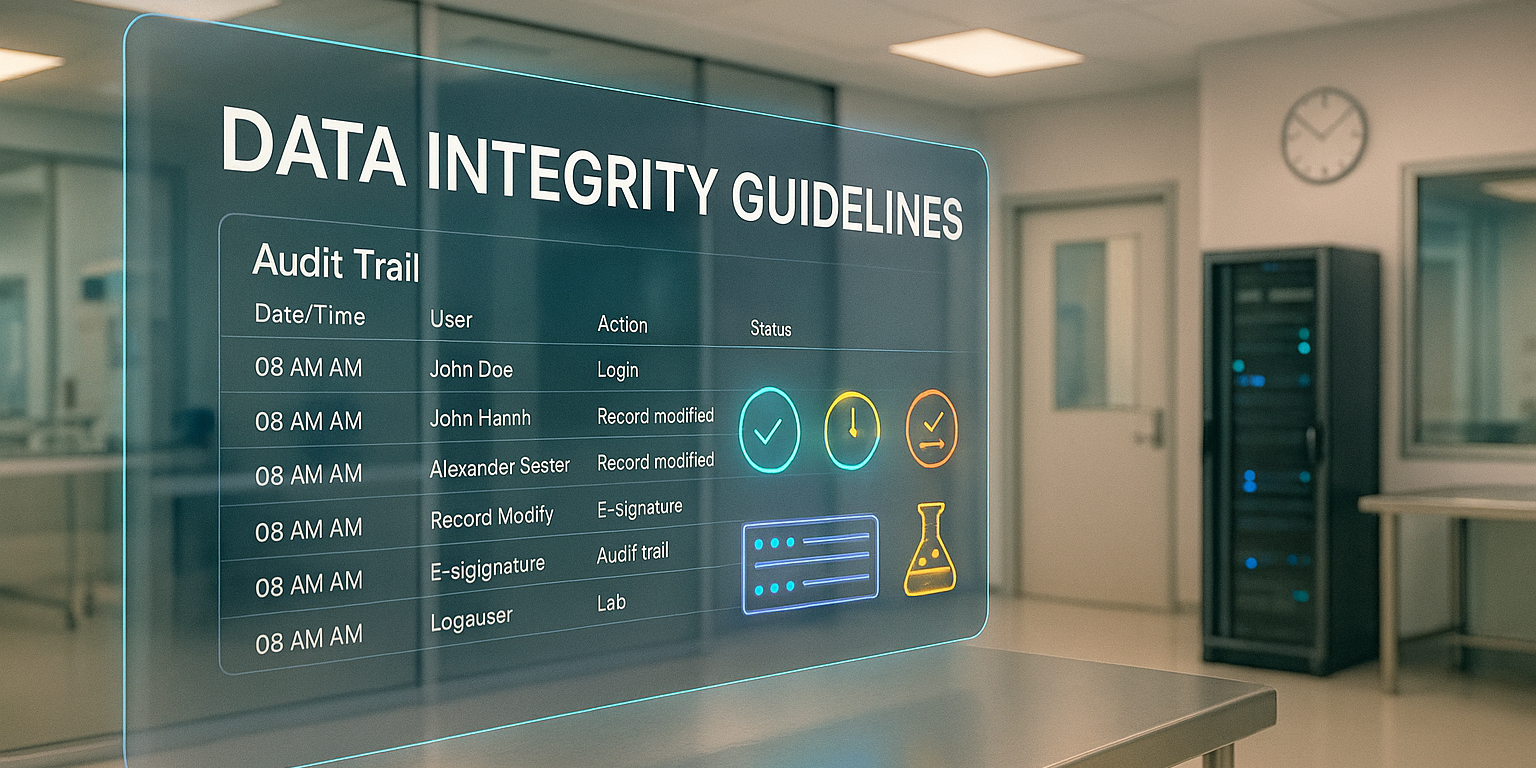Preparing for a pharmacy technician interview requires more than just reviewing common questions. You need to understand technical concepts, demonstrate excellent communication skills, and show confidence in handling real-world pharmacy situations. Employers look for candidates who can work efficiently, ensure medication safety, and follow regulations.
This guide covers the most frequently asked pharmacy technician interview questions, including technical, behavioral, and situational questions.
You will also learn effective ways to answer them and boost your chances of securing the job.

Why Do You Want to Be a Pharmacy Technician?
Interviewers ask this question to assess your motivation for choosing a pharmacy technician career. They want to see if you are genuinely interested in the role and the healthcare industry.
- Show enthusiasm for helping patients.
- Mention your interest in medications and pharmacy operations.
- Explain how this role fits into your long-term career goals.
Common Pharmacy Technician Interview Questions
Employers test your technical knowledge to ensure you understand pharmacy procedures and regulations. Be ready to answer the following questions:
These questions assess your understanding of drug safety, dispensing rules, and prescription verification.
Essential Skills for Pharmacy Technicians
Hiring managers look for specific skills in a pharmacy technician. Make sure to highlight these during your interview:
You must clearly explain medication instructions to patients.
Patients may have questions or concerns that require patience and understanding.
A fast-paced pharmacy requires strong multitasking abilities.
Understanding FDA and state laws ensures compliance.
Unlock your full potential with personalized 1-on-1 career coaching!
Technical Pharmacy Technician Interview Questions
Employers test your technical knowledge to ensure you understand pharmacy procedures and regulations. Be ready to answer the following questions:
Prescription Verification and Drug Safety
These questions focus on ensuring that you know how to properly verify and handle prescriptions to guarantee patient safety.
- How do you verify a prescription before dispensing it?
- What steps do you take to prevent medication errors?
- Explain the meaning of NDC numbers and how they are used.
Drug Classification and Compliance
This section tests your understanding of drug classifications and the importance of regulatory compliance in a pharmacy setting.
What is the difference between a controlled and non-controlled drug?
What regulations govern the handling of controlled substances in a pharmacy?
How do you ensure proper storage of controlled drugs?
Medication Dosage and Calculations
These questions assess your ability to handle medication dosage calculations accurately, a crucial skill for pharmacy technicians.
- How do you calculate medication dosages?
- Explain the process of calculating IV drip rates.
- What factors do you consider when adjusting medication doses for pediatric patients?
Pharmacy Technology and Tools
This section covers your familiarity with pharmacy tools and technology used to ensure accurate dispensing and patient safety.
- What is the purpose of using automated dispensing systems in pharmacies?
- How do you handle medication inventory using pharmacy management software?
- What is your experience with barcode scanning for medication verification?
How to Answer Behavioral Interview Questions
Employers use behavioral questions to evaluate your ability to handle real-world challenges. Use the STAR method (Situation, Task, Action, Result) to structure your answers effectively.
Here are some common behavioral questions and how to answer them:
Tell me about a time you made a mistake in a pharmacy setting.
Explain the mistake honestly.
Describe how you corrected the error and what you learned.
How do you handle a customer who is unhappy with their prescription?
Stay calm and listen to their concerns.
Offer a polite and professional solution.
Describe a time when you had to work under pressure.
Talk about a busy pharmacy shift.
Explain how you managed tasks efficiently.

Understanding Pharmacy Laws and Regulations
Pharmacy technicians play a vital role in patient safety. They must follow strict laws that protect patients and ensure compliance. First, understanding HIPAA is crucial. This law safeguards patient privacy by regulating how personal information is shared. Next, technicians must know DEA regulations.
These rules control the handling of Schedule I-V controlled substances, ensuring safe dispensing practices. Additionally, they must understand FDA guidelines.
These guidelines ensure drug safety and proper labeling, which helps prevent medication errors.
Moreover, each state has its own specific rules through the State Board of Pharmacy. These rules define the responsibilities of pharmacy technicians in that state. Therefore, technicians must stay informed about local laws and regulations.
During interviews, employers will test your knowledge of these laws. They want to see if you can ensure patient safety and comply with relevant regulations. Ultimately, understanding these laws will help you succeed as a pharmacy technician.
By following these guidelines, you contribute to a safer healthcare environment for everyone involved.
Common Pharmacy Technician Errors and How to Avoid Them
Mistakes in a pharmacy can have serious consequences. Employers want to see that you can prevent errors and follow safety protocols.
Here are some common pharmacy technician errors and how to avoid them:
Misreading a prescription
Always double-check the dosage and drug name.
Dispensing the wrong medication
Verify the NDC number before handing out a prescription.
Not checking drug interactions
Use pharmacy software to cross-check medications.
Improper storage of medications
Keep temperature-sensitive drugs in the correct storage conditions.
Conclusion
Preparing for a pharmacy technician interview requires a mix of technical knowledge, strong communication skills, and professionalism. By reviewing these common interview questions, practicing your responses, and understanding pharmacy laws, you can confidently approach your interview.
Use this guide to refine your answers and demonstrate why you are the best candidate for the job. Good luck!
References

Ershad Moradi
Ershad Moradi, a Content Marketing Specialist at Zamann Pharma Support, brings 6 years of experience in the pharmaceutical industry. Specializing in pharmaceutical and medical technologies, Ershad is currently focused on expanding his knowledge in marketing and improving communication in the field. Outside of work, Ershad enjoys reading and attending industry related networks to stay up-to-date on the latest advancements. With a passion for continuous learning and growth, Ershad is always looking for new opportunities to enhance his skills and contribute to pharmaceutical industry. Connect with Ershad on Facebook for more information.

Pharmaceutical Job Search – How To Find Top Biotech Careers
Kick-start your pharmaceutical job search with a clear plan. Learn where to find quality biopharma job listings, how to filter roles fast, and when to apply. Then upskill with micro-courses, add ISO-9001 certificates, and practice interviews.

Explore Top Remote Pharma Jobs and Start Working Online
Remote work is reshaping pharma hiring. Learn which fields thrive online, from medical writing to pharmacovigilance. See why flexibility, global access, and cost savings matter. Then, search Pharmuni Jobs and type “Remote” in the location filter to discover verified roles and apply fast.

Data Integrity Guidelines: What You Must Do Now
Build trust with data integrity guidelines that translate ALCOA+ into daily controls. Secure systems, validate suppliers, enable audit trails, and prepare for Annex 11 updates. Boost compliance, speed releases, and protect patients. Start now—read the full guide and download the one-page checklist today.




